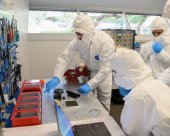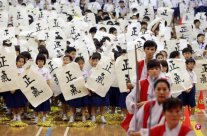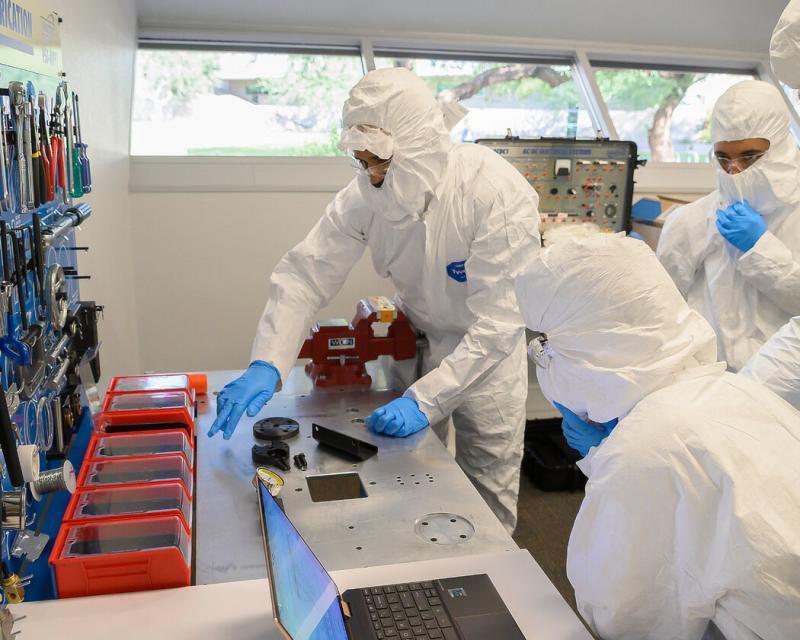
In May 2020, one of the world's largest advanced computer chip manufacturers announced that it plans to build a factory in the suburbs of Phoenix.Four years later, the company has not yet begun to sell semiconductor products manufactured in Arizona.
At the beginning, the Taiwan company's entry into Arizona was regarded as a comprehensive victory: this will promote the manufacture of advanced chip in the United States and help the realization of TSMC's diversification of production, no longer rely only on Taiwan -.TSMC has promised to invest $ 65 billion in funds for the project.In April of this year, the Biden government announced that TSMC will receive a $ 6.6 billion funded by chip and the Chips and Science Act.
For a long time, US officials have been worried that the United States has been too dependent on TSMC.Minister of Commerce Raymond Duo said that 92%of the "cutting -edge" chips in the United States are purchased from Taiwan.TSMC's factory in Arizona is a test of the United States' efforts to reduce overseas production chips.
In Taiwan, TSMC has polished a set of highly complex production processes: With the support of the government, a network composed of skilled engineers and professional suppliers et al.Essence
However, letting all of this root in the desert of the United States is a greater challenge than the company's expectations.
"We keep reminding ourselves that just because we do well in Taiwan, it does not mean that we can bring Taiwan's approach here," said Liu Qingyu, Director of the Company's employee Communication and Relationship Division.
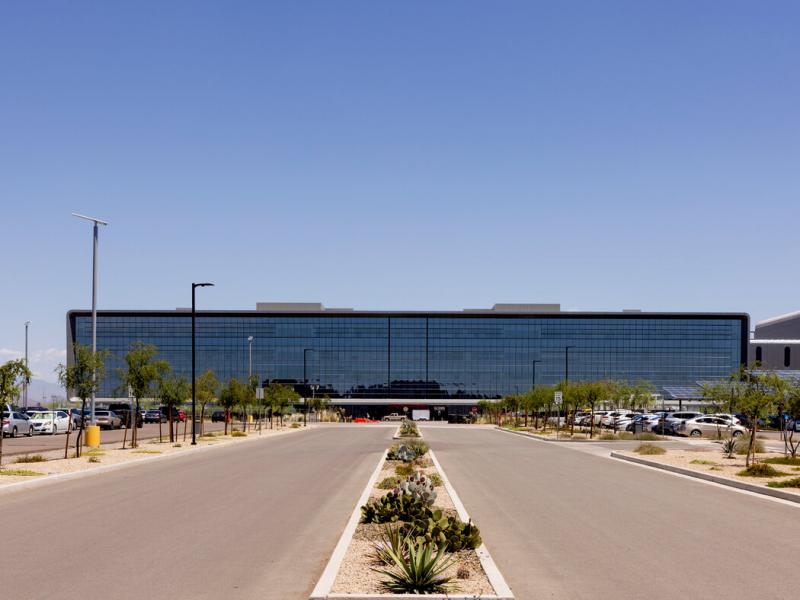
In recent interviews, 12 TSMC employees, including executives, said that the cultural conflict between Taiwan's managers and American workers caused both sides to be frustrated.TSMC is famous for strict working conditions.It is not uncommon to call to work in the middle of the night.According to employees (some of them demanded anonymous because they were not authorized), in Phoenix, the differences in concepts in work requirements caused some American employees to resign.
The company has postponed the construction date of the factory, and is currently stated that it is expected to begin production chips in Arizona in the first half of 2025.
The project in Arizona may also face political threats.The US Republican President's nomination and former US President Trump told Bloomberg Business Week in June this year that Taiwan has snatched the chip industry from the United States.He did not name TSMC, but criticized the US company to fund Taiwan companies to make chips in the United States.
In addition to working hard to solve the cultural differences in the workplace, TSMC is also preparing to recruit skilled workers in factories in Arizona in the next few years.The company also expands in Japan and Germany, and is facing similar challenges.
In Taiwan, TSMC can use thousands of engineers and cooperative relationships with suppliers for decades.But in the United States, TSMC must start from scratch.
"In this place, many things actually start from scratch," Liu Qingyu said.
The factory surrounded by scaffolding and building heavy machines is undoubtedly the landmark in northern Phoenix.TSMC has announced the plan to build three factories in the region, with its large parks in Tainan, southern Taiwan as a blueprint.The first factory is a silver -colored spacecraft -shaped building, which is nearing completion and starting trial operation.
During the construction period, the company sent American engineers to Tainan for training, allowing them to follow Taiwan's colleagues to observe TSMC all the work methods.
In 2021, shortly after joining TSMC, Jefferson Paz, an engineer who had just obtained a master's degree from the University of California, went to Tainan for 18 months of training.
"Oh my God, everyone works very hard," Paz said.He recalled that the initial impression made him strongly realize that he must pay in the industry.
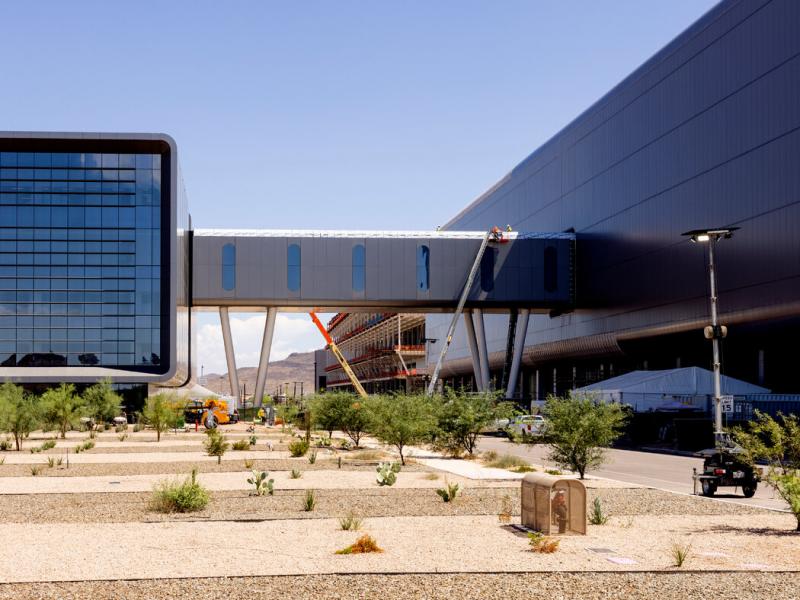
Paz said that after returning to Arizona, because the construction progress of the factory was backward, employees were required to participate in the work of work responsibilities.
This approach has not been recognized by everyone.He said that workers were asked to do their best to complete the most urgent work.Some American workers also find it difficult to stay in Taiwan for a long time.
In order to solve the tension between American workers and Taiwan managers, the company conducted communication training for managers.As employees complain that unnecessary meetings, the company has reduced the frequency of the meeting and the number of participants.
Three Taiwanese employees in Arizona said the company had tried to ease the tension.They said their workload was not as large as Taiwan.However, they said that they were uncertain whether the factory reached full load production next year, and whether the lighter workload will continue.
Among the 2,200 workers accumulated by Fenix, about half of them were introduced from Taiwan, about 110 million kilometers.The company said that the construction of the two factories in the future will create 6,000 jobs.The company plans to reduce the proportion of Taiwanese employees to local employees.
"We want to make this factory area a successful, sustainable place," Liu Qingyu said."Sustainable development means that we cannot always rely on Taiwan to transport talents here."

TSMC faces labor competition in Arizona.Other companies in the region are also competing for skilled workers to increase production.American chip giant Intel is expanding its chip factories in the region.
In response, nearby colleges and universities have strengthened teaching in the fields of electrical engineering.TSMC cooperates with apprentices, internships, research projects and job fairs with community colleges and universities.
Arizona State University has become the main source of employees of TSMC. Zackley Holman, deputy dean of the School of Fulton Institute of Engineering, said the company provides funds for students' research projects to evaluate and recruit future employees.Convenient.
Some colleges are even building their own dust -free room, that is, a huge and clean work area located in the core area of the semiconductor factory.This is to allow students to adapt to operations in a highly controlled environment. In the dust -free room, technicians should wear clean clothes and gloves.
One of the manufacturing spaces under construction is located at West Malikopa Education Center, which is a public high school system that provides technical training.
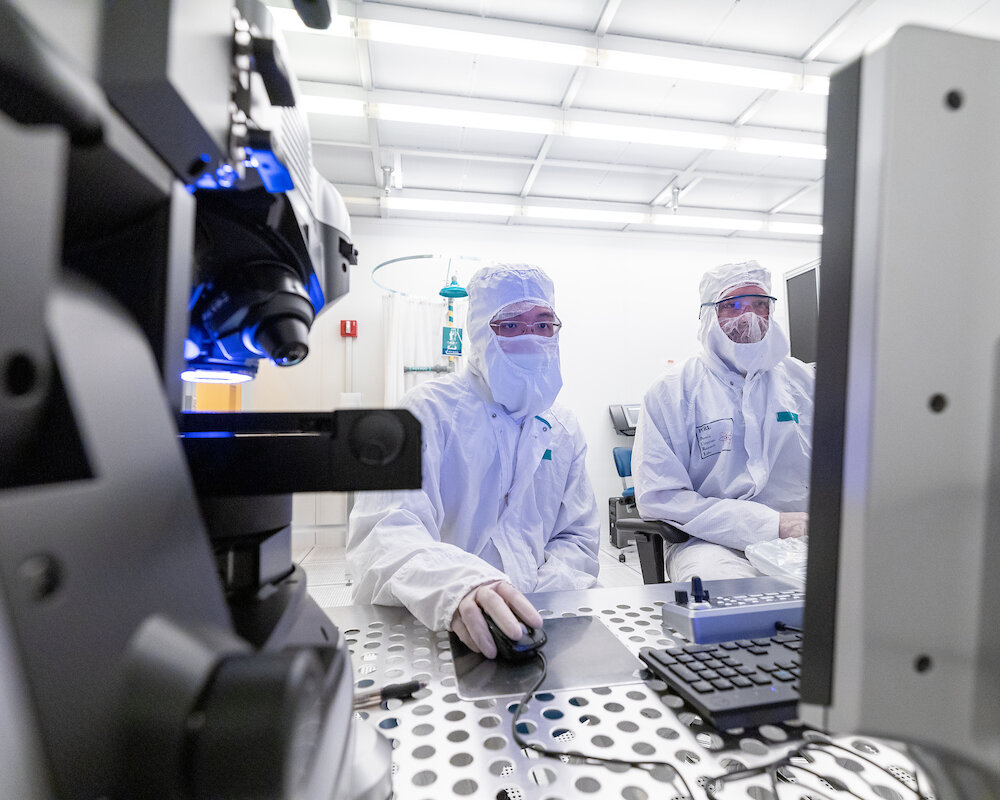
"The parents of our generation have never stepped into advanced manufacturing factories," said Scott Sperkin, the person in charge of the center."Their concepts still stay in the family -style manufacturing industry in the past -go to work every day, and the clothes and hands are dirty when they come out."
Nearly 1,000 participants from Messa City, Arizona, nearby, have completed two weeks of training programs for semiconductor technicians.
"We are becoming Silicon Valley in the desert," said the Chandler-Gilbert Community College Tom Pilrson said the college is one of the colleges to carry out the project.


